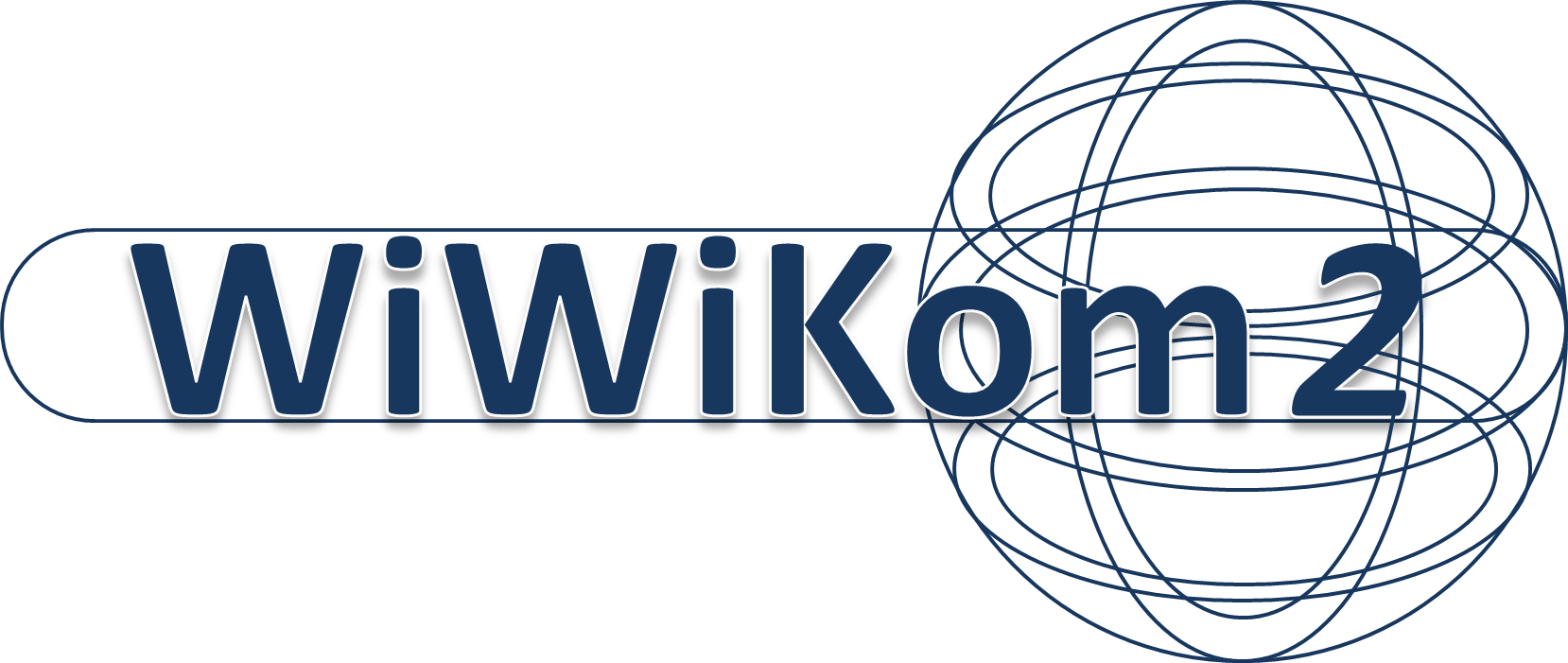
Zlatkin-Troitschanskaia, O., Schlax, J., Jitomirski, J., Happ, R., Kühling-Thees, C., Brückner, S., & Pant, H.A. (2019). Ethics and Fairness in Assessing Learning Outcomes in Higher Education. Higher Education Policy, 1–20 (online first). doi
 Impact Factor 2018: 1.333
Impact Factor 2018: 1.333
Abstract: Fairness is one of the most important quality criteria of assessments and a necessary condition for valid test score interpretations. In this paper, we describe findings related to an assessment of N = 7664 beginning business and economics students at 46 universities across Germany using a domain-specific higher education entry test. From the perspective of test fairness as defined by the internationally established validation standards outlined by AERA et al. (Standards for Educational and Psychological Testing, AERA, Washington, DC, 2014), we identify which students had particular difficulty completing the test, taking into account gender- and language-related influence factors in the assessment of their test performance. Our results highlight the particular challenges in admissions testing in higher education. One of these challenges is finding a suitable way to address the disadvantages experienced by various groups of students to guarantee fairness and ethical integrity when developing and administering tests. Current migration developments and the overall internationalization of higher education have led to an increasing heterogeneity of student bodies. These challenges are therefore of particular relevance for education policy and practice when it comes to ensuring fairness when assessing learning outcomes for all student groups. This also applies in the context of commonly used standardized assessments and established examination practices in higher education.